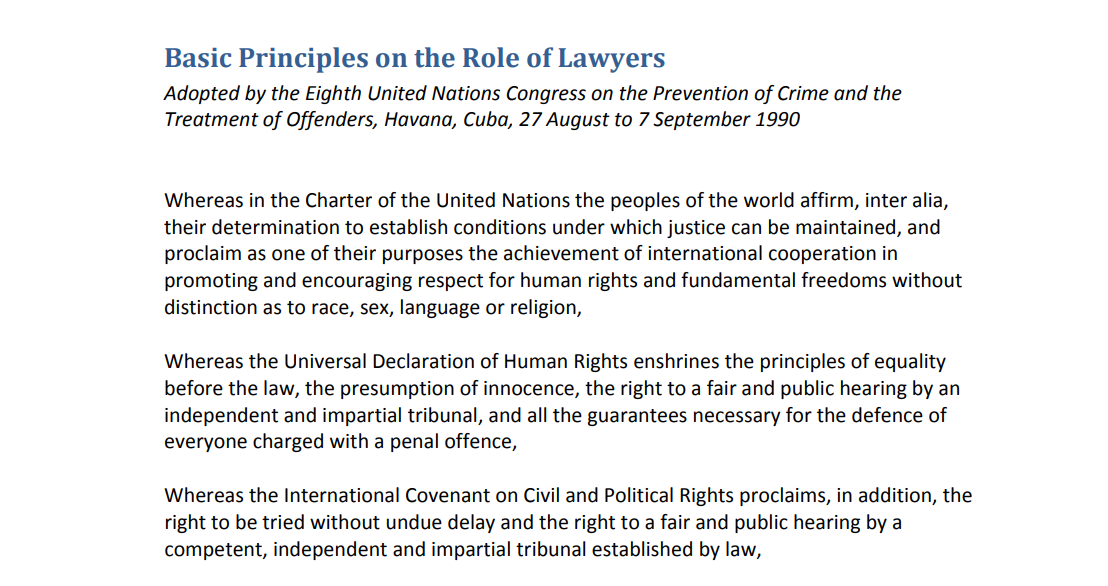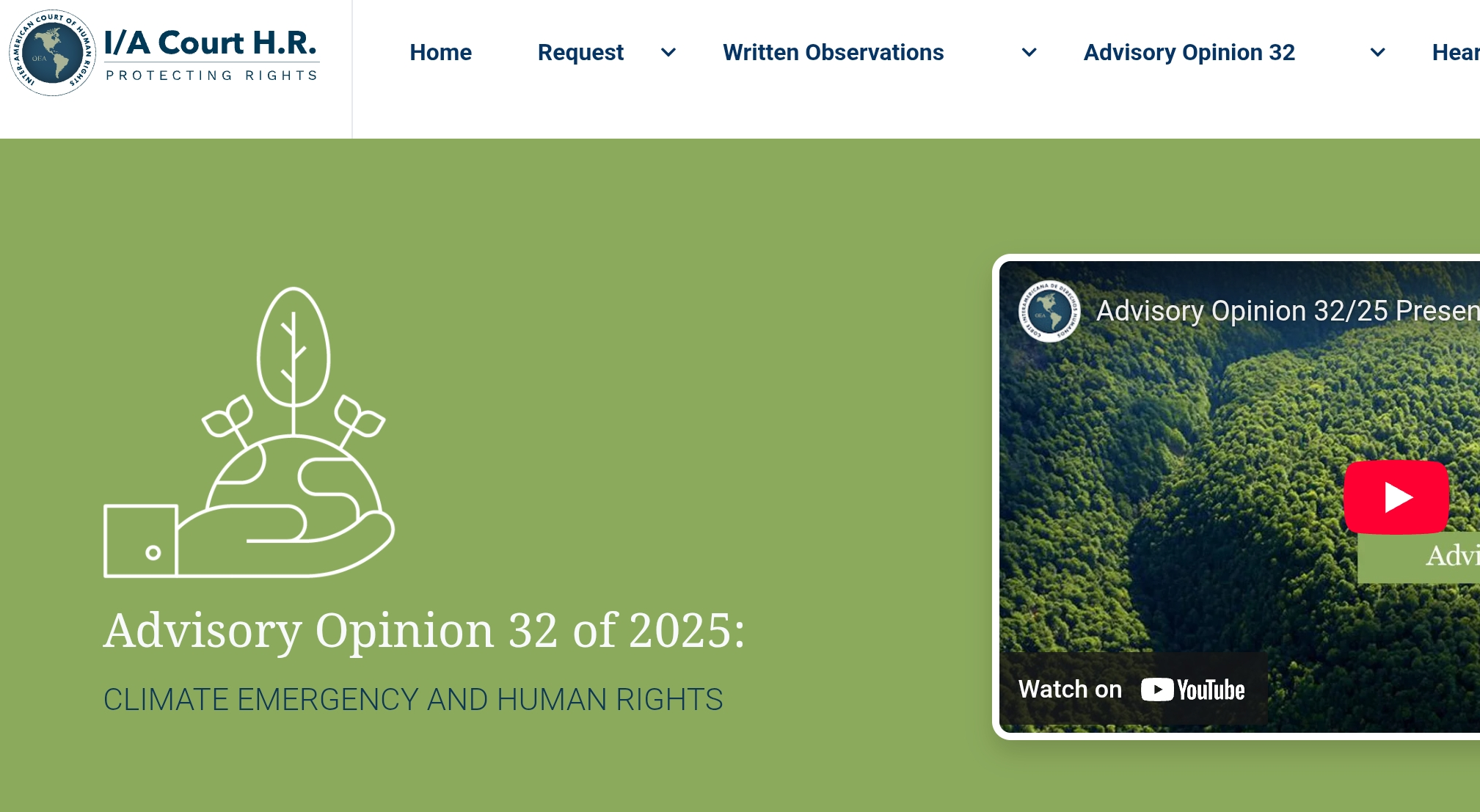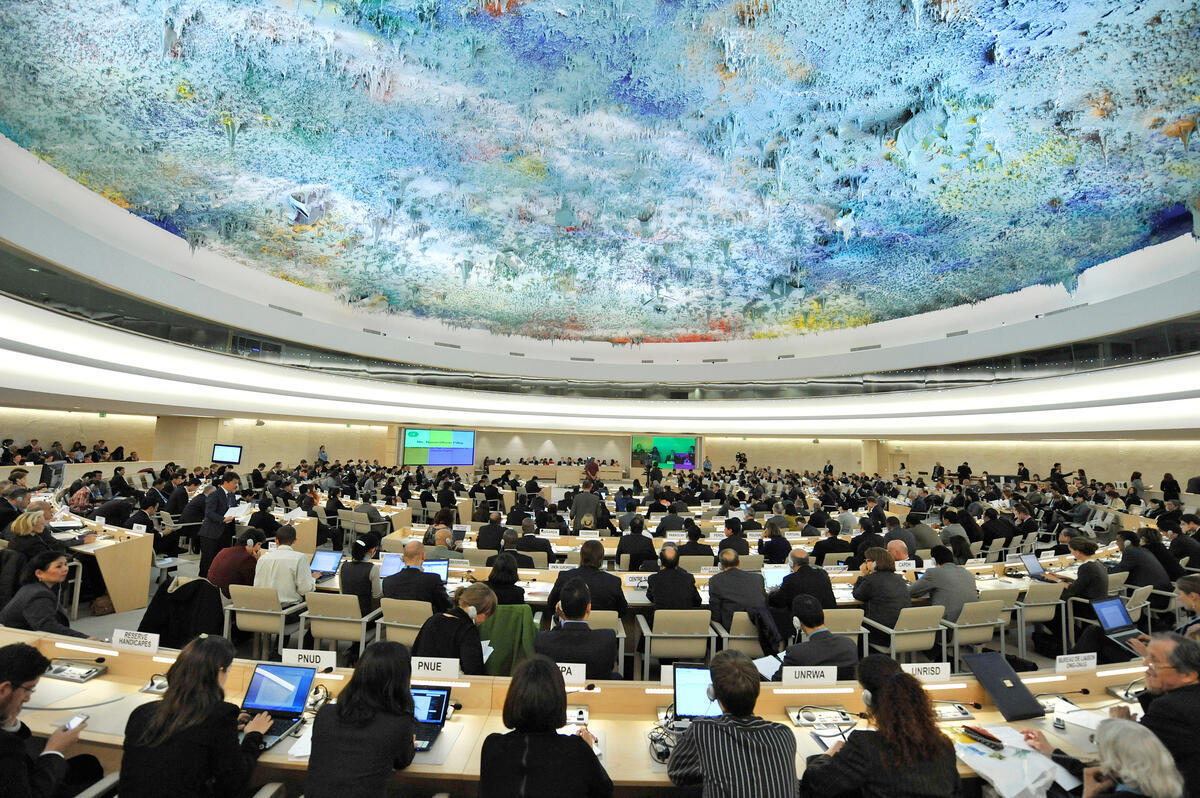Article 1 of the Basic Principles emphasizes that the parties to a lawsuit have the right to freely choose their own lawyers.
But in fact, many in China cannot choose their own lawyers, they are forced to accept so-called ‘government-appointed lawyers.’ An example is the cases known as the ‘Twelve Hong Kong People’s Illegal Cross-Border Case’ [editor’s note: 12 young Hong Kong were captured at sea as they try to reach Taiwan for political asylum] : none of them were defended by lawyers hired by their families, and were instead forced to use government-appointed lawyers to provide defense. Such cases mostly occur in political cases, prisoners of conscience, and dissidents, such as the cases of Yu Wensheng, Chen Jiahong, and the ‘Chengdu 8964 liquor’ case. Many senior Communist Party officials, such as Wang Lijun and Liu Zhijun, were unable to hire lawyers by themselves when they were investigated for criminal responsibility.
Article 8 of the Basic Principles emphasizes the timeliness of lawyers' services.
Yet, many clients cannot get help from lawyers in a timely manner. In some cases, clients cannot even see a lawyer for a year or two. The investigative authority will abuse its power to maliciously delay the legal proceedings, and take measures similar to enforced disappearance, such as ‘Residential Surveillance at a Designated Location’ (RSDL), to prevent the lawyer from meeting the client. This has happened many times in the recent cases of Ding Jiaxi, Xu Zhiyong, Chang Wei and others.
Article 17 of the Basic Principles is about protecting the personal safety of lawyers.
Yet, many lawyers in China have been threatened or even beaten in the practice of their profession. Several lawyers in China have a record of being beaten, including Wu Liangshu, Liu Shuqing, Zhang Lei, Lu Siwei, Tang Jitian, Wang Quanzhang, Zhang Junjie, Jiang Tianyong, Wang Cheng, Wang Yu, Lu Tingge, Li Xiongbing, and Xie Yang: all these lawyers were pushed and beaten in the detention center or at the court, having their clothes shredded, computers snatched, etc. Their subsequent efforts to seek accountability are all in vain, as neither the judicial and administrative organs nor the All-China Lawyers’ Association have actively defended their rights and pushed for accountability.
Article 20 of the Basic Principles is about the immunity from liability regarding their free expression.
Yet, in China, not only lawyers’ speech in court is strictly controlled, but their speech outside the courtroom is also greatly censored and suppressed. Some lawyers have even been subject to administrative penalties and criminal prosecution for their speech. Both Yu Wensheng and Qin Yongpei’s social media statements have been used as evidence to charge them with crimes: these statements do not incite violence, hatred nor create immediate danger. There are also some lawyers whose professional licenses have been revoked because they expressed themselves on social media, such as Zhu Shengwu, Lu Siwei, Liang Xiaojun, among others.
Article 21 of the Basic Principles relates to lawyers’ right to obtain complete file information on the case they are representing.
Yet in China, judicial authorities use all pretexts to put off or prevent lawyers from obtaining all case files and fully understanding the situation of the accused.. This includes measures such as refusing to provide simultaneous audio and video recordings of interrogations, marking so-called secret and confidentiality levels on the files, among other pretexts. Without full access to case files, lawyers cannot effectively provide defense to the parties. Qin Yongpei’s case was improperly marked as of secret level, which greatly silenced information around the court trial and the case itself, weakening the public’s attention to judicial persecution and injustice.
Article 24 of the Basic Principles is about the right of lawyers to organize self-governing professional associations.
But in China, all lawyers’ associations are government-run, and the appointment of the president of a lawyers’ association must be approved by the Judicial Bureau [editor’s note: branch of the Executive], not by lawyers. The All-China Lawyers’ Association [editor’s note: China’s Bar Association] has been on the vanguard of suppressing and persecuting lawyers. They have adopted specific guidelines or regulations to restrict lawyers’ right to practice and to control lawyers in handling cases independently. For example, normative documents such as the so-called ‘Guidelines for Handling Criminal Cases’ adopted by the All-China Lawyers’ Association greatly limit lawyers’ independence in handling cases. These regulations have become the basis for suppressing and punishing lawyers.
Article 28 of the Basic Principles is about the protection of the rights of lawyers who are under disciplinary proceedings.
However, in China, punishment and penalty of lawyers have turned extremely arbitrary. The All-China Lawyers’ Association can punish lawyers, but no legal redress can be obtained after punishment. Judicial and administrative organs revoke lawyers’ licenses at will, and lawyers cannot challenge such decision through ‘administrative review’ or ‘administrative litigation.’ From 2008 to 2021, judicial authorities across the country have revoked the licenses of more than 40 lawyers (not including some lawyers whose licenses were revoked for intentional crimes or serious violations of professional ethics). Nearly all of them did not have access to any form of legal redress, did not get responses to their requests for ‘administrative review,’ could not file administrative lawsuits, and some lawyers even got beaten when they went to court to file the case, such as lawyer Lu Siwei, beaten at at Chengdu’s Qingyang District Court.
The above situations are just common examples. If we conduct a strict assessment of the implementation of the Basic Principles on the Role of Lawyers in China, we can reasonably conclude that almost any principle has been fully implemented and enforced. This is the true portrayal of China’s claim to be a country of ‘ruled of law.’
The author of this essay is a Chinese lawyer whose identity can not be revealed here for security reasons.




